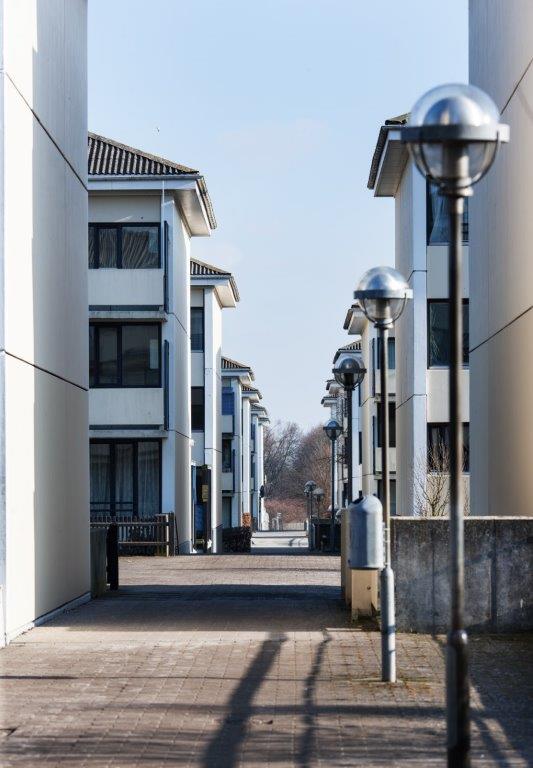Universitetsavisen
Nørregade 10
1165 København K
Tlf: 21 17 95 65 (man-fre kl. 9-15)
E-mail: uni-avis@adm.ku.dk
PhD thesis defense
PhD thesis defense — Bence Boje-Kovacs, IGN, defends his PhD thesis: Residential segregation and neighborhood externalities
Date & Time:
Place:
Department of Geosciences and Natural Resource Management (IGN), Øster Voldgade 10, 1350 Copenhagen K. Auditorium C, area 6, ground floor
Hosted by:
Geography Section
Cost:
Free
Bence Boje-Kovacs, Department of Geosciences and Natural Resource Management, defends his PhD thesis:
Residential segregation and neighborhood externalities
Supervisors
Professor Lars Winther, IGN
Senior Researcher Cecilie Dohlmann Weatherall, KRAK
Assessment Committee
Professor Roger Andersson, Uppsala University
Professor Jos van Ommeren, Vrije Universiteit Amsterdam
Associate Professor Høgni Kalsø Hansen (chair), IGN
After the PhD defence there will be a reception in Rød Stue, Øster Voldgade 10, Area 6, First floor – everybody is welcome.
Summary
The idea that residential areas that are socioeconomically homogenous create externalities, which in turn reproduce the area’s composition, has characterized Danish politics for several decades. However, empirical evidence of this phenomenon is sparse. This thesis investigates the dynamics and consequences of residential segregation. Overall, it explores whether and to what extent the composition of the residential social environment we are exposed to affects our behavior. One of the main findings of the thesis is that deprived neighborhoods function to a certain extent as a transit state in residents’ housing trajectories. On average residents’ unemployment rates increase before they enter such neighborhoods and sharply decline two years before moving out. The results suggest that an increase in economic resources is positively associated with leaving a deprived neighborhood and hence contributes to maintaining its relative position. The second main finding is that being exposed to employed neighbors on the short-term significantly increases income and the likelihood of finding a job after the forced relocation. On the opposite, exposure to unemployed peers increases the chances to remain unemployed. Third, exposure to deprived neighborhood as an adult has a significant negative impact on mental health among vulnerable men. We find that, besides high percentages of people without employment and with low incomes the percentage of people with mental health problems is an important characteristic of the neighborhood, one that has a negative impact on mental health among men. Fourth, the impact of the concentration of non-Western immigrants on immigrants’ mental health is stratified within residence-based social networks that are defined by having the same spoken language. We find further that the composition of one’s own social network, such as the share of residents without attachment to the labor market and the share of residents with basic education, increases the probability of mental health problems among men.
The thesis is available from the PhD administration office on IGN, Rolighedsvej 23, 1958 Frederiksberg C.
